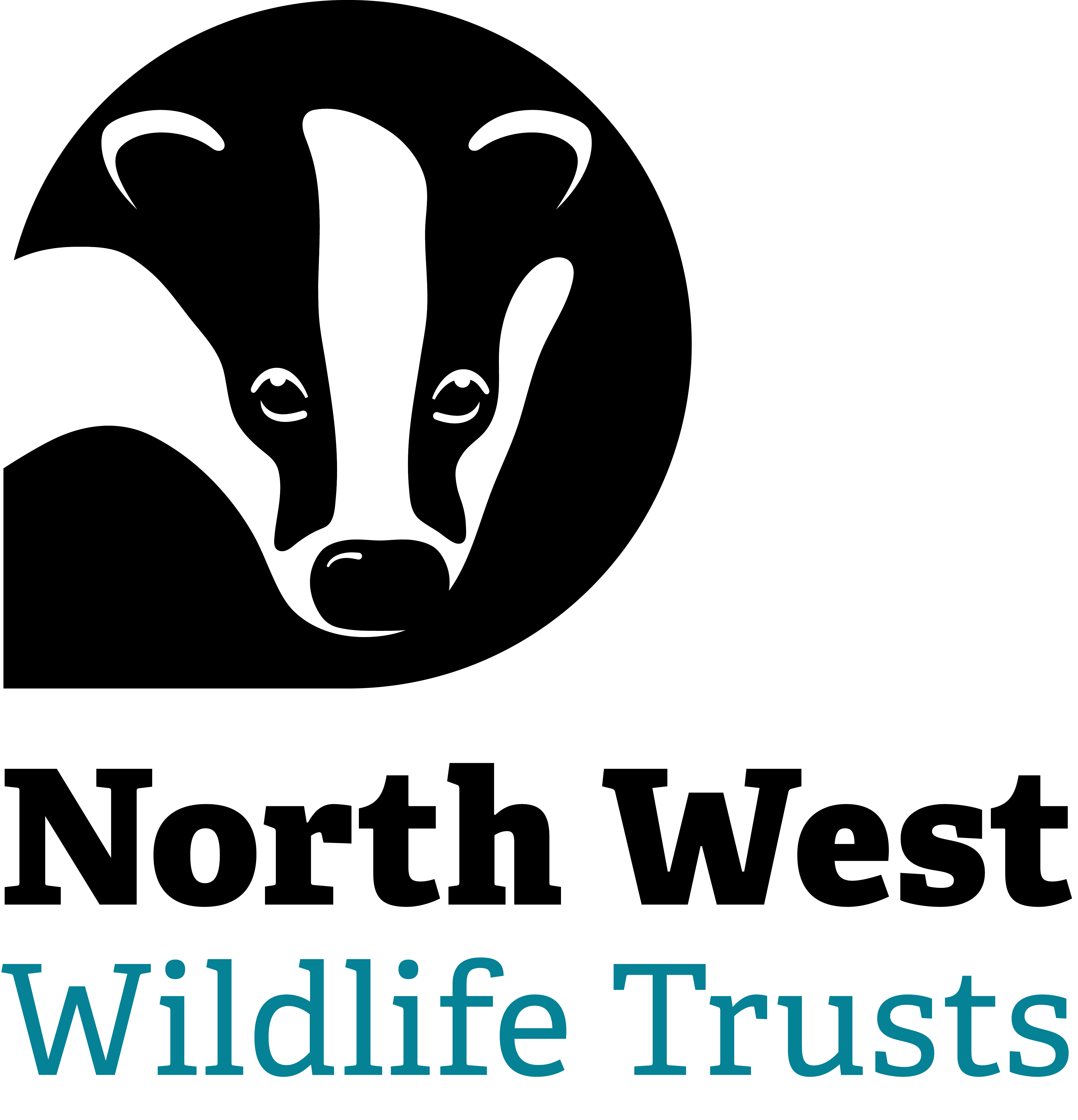First grey seal pup spotted over a month early at South Walney
First seal pup of the 2021 season at South Walney Nature Reserve is born a month and a half earlier than usual © Emily Baxter
A grey seal pup has been spotted at South Walney Nature Reserve, a month and a half earlier than in previous years. The pup was first seen on our seal cam on Friday 27 August. The pupping season at South Walney usually starts in mid-October, lasting till the end of November.
Dr Emily Baxter, Senior Marine Conservation Officer at Cumbria Wildlife Trust, said: “This is very exciting and unexpected news! After one of us spotted a pup on our seal cam we went down to the nature reserve with our binoculars to confirm the surprising news. Sure enough, we saw it with its mum and a male. All looked happy and healthy and the pup was feeding well.”
What could have caused the pup to arrive so early, compared to previous years? Dr Baxter says we can’t be sure, as the grey seal breeding colony is still in its infancy on South Walney and there are a number of factors that could have influenced this early pupping: “Grey seals have an annual, synchronous breeding cycle, meaning that females usually return to the same site to pup at the same time each year. This could indicate that this is a new mum who has come to breed on Walney for the first time, although it is not impossible that she could have previously pupped in another location, particularly if she had a bad experience there, such as losing a pup. We have checked our photo identification records and this is not a female that we have previously recorded pupping on South Walney.”
Dr Baxter continues: “It could also be an indicator that there has been lots of food around for the seals this summer and that the female’s body is in a good condition to be able pup, and maybe even taking advantage of the good weather at the moment, as female grey seals don’t feed much while nursing their pups. They can lose as much as 65kg in body weight in a few weeks while their pups put on around 2kg per day feeding on their fat-rich milk.
“There is some evidence to show that there is always some variation in the timing of pups in more established breeding sites (around three weeks) and there can be cyclical patterns, like pups arriving earlier one year in every 10 and later in the intervening years. It is also a possibility that the grey seal pupping season is being extended (at both ends) due to wider environmental factors such as climate change.”
The pupping season for grey seals normally starts in August in Cornwall, and gets progressively later the further north you travel, with seals in Wales tending to pup between August and October, from mid-September on the Isle of Man, and then November to December in Scotland and down the East coast of England. Over the past six years, since the first grey seal pups were born on South Walney Nature Reserve, they have been born between mid-October and the end of November. However, this breeding colony is still very new and will develop over time.
Those keen to see the pup are encouraged to keep an eye on our seal cam for a close-up view.
Due to the young age of the seal, it is incredibly vulnerable to disturbance, which would cause the mother to abandon it and the pup to starve. For this reason, there is strictly no access to the area of the nature reserve where the seal pup is, and so it is not possible to view the pup at South Walney Nature Reserve. However, the rest of the seals can be seen playing and fishing in the water at high tide, along with thousands of wintering wildfowl and wader birds, from elsewhere on the nature reserve.
We urge sea users, particularly kayakers, anglers and small boats, to keep well back from the seal colony while they are resting on the beach and observe from a distance using binoculars. Stopping and approaching the seals too closely causes them to flush into the water and expend large amounts of energy that are required to keep them going through the winter.
The hide at South Walney Nature Reserve where the seals can usually be viewed is currently closed but a new a screened viewing point has been put up next to it, to allow people to get a better view of seals in the water, without disturbing wildlife.
Pup feeding © Emily Baxter
